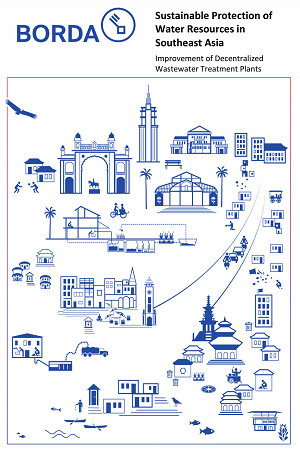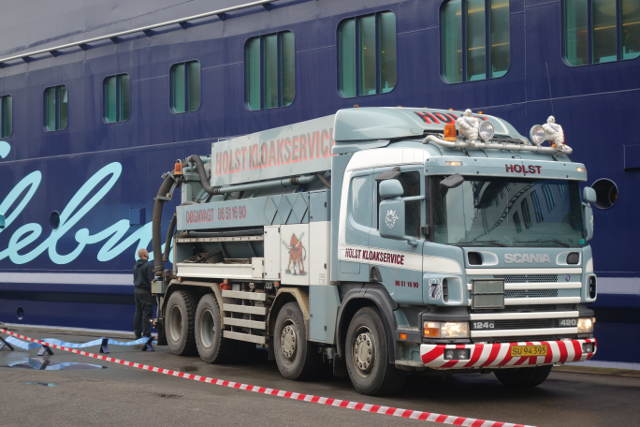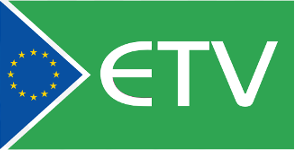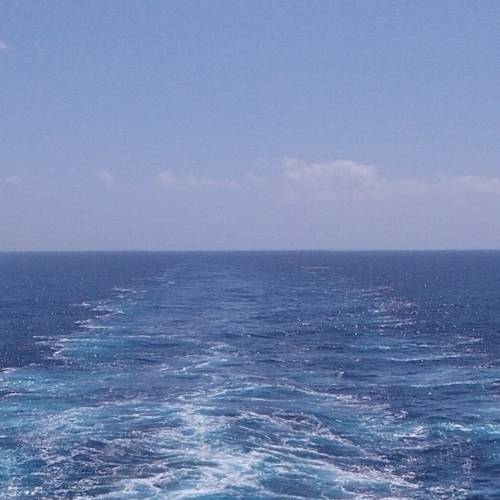Discharge of grey and black water by ships in the polar regions
The Development and Assessment Institute in Wastewater Technology at RWTH Aachen University (PIA e.V.) is conducting the project “The discharge of grey and black water by ships in the polar regions – extent, impact and regulatory options” on behalf of the German Environment Agency (UBA).
The aim of the project is to collect data and information on the occurrence of black and grey water on board ships travelling the polar regions in order to better assess the impacts on the marine environment associated with discharges of black and grey water along the Arctic and Antarctic Shipping routes.
To do this, the results of published studies on wastewater discharges and their effects on the marine environment in polar regions will first be compiled in a review format. In addition to the compilation and evaluation of existing data, a survey of operators/shipowners of cruise and research ships as well as yachts will provide further insights into the practice of wastewater treatment and discharge on board ships in polar regions.
The results of the project will be introduced into the work of the International Maritime Organization (IMO) and the Antarctic Treaty Consultative Meeting (ATCM). Proposals for the further development of the applicable international regulations will be discussed.
Operators of vessels sailing in polar waters are invited to participate in a survey regarding wastewater generation and treatment on board. We would be pleased if you would take part in the survey conducted by PIA e.V. In doing so, you will be making an important contribution to the success of the project.
The survey can be accessed via the following link:
https://easy-feedback.com/survey-discharge-in-polar-waters/1590674/yuxtO8
If you have any questions, please do not hesitate to contact the project coordinators Mr Markus Joswig (This email address is being protected from spambots. You need JavaScript enabled to view it.) and Ms Toni Rieger (This email address is being protected from spambots. You need JavaScript enabled to view it.).







